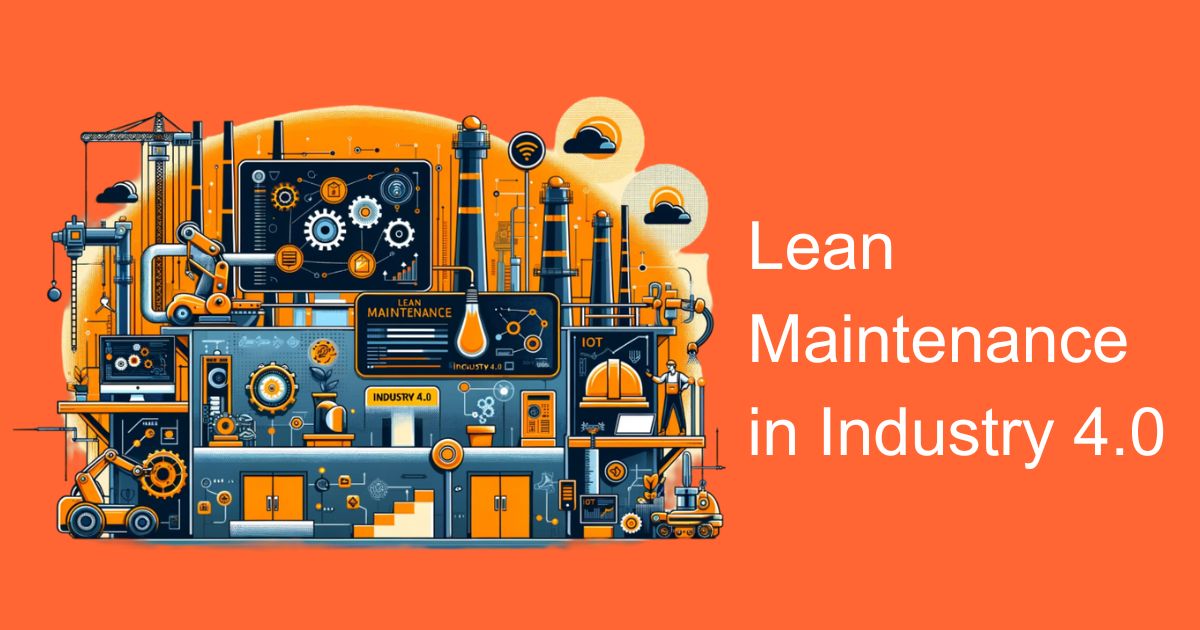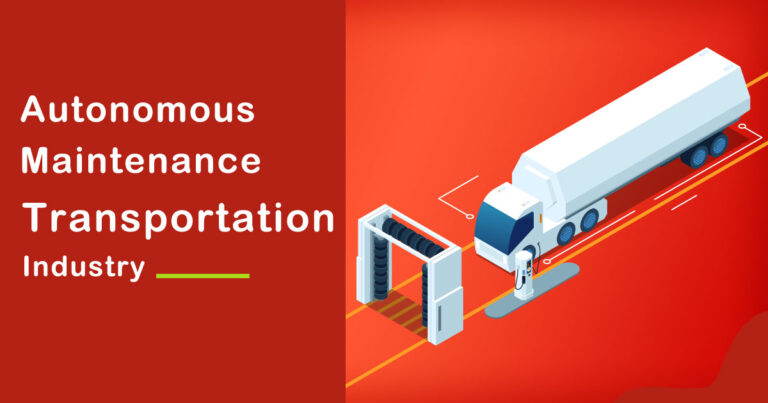Introduction
In the era of Industry 4.0, where technology and automation are rapidly transforming the industrial landscape, the concept of lean maintenance has emerged as a critical element for businesses aiming to stay competitive and efficient. This article delves into the role of lean maintenance in Industry 4.0, with a particular focus on its application and impact in the Indian manufacturing context.
Industry 4.0: A Brief Overview
Industry 4.0 represents the fourth industrial revolution, characterized by the fusion of digital technologies, data-driven decision-making, and advanced automation. It encompasses a wide range of technologies such as the Internet of Things (IoT), Artificial Intelligence (AI), Big Data Analytics, and Robotics, among others. This revolution is fundamentally changing the way businesses operate and compete globally.
Challenges Faced by Indian Industry
In India, the manufacturing sector plays a pivotal role in the economy, contributing significantly to GDP and employment. However, it has been facing several challenges, including low productivity, high maintenance costs, and increasing competition from international markets. To remain competitive and thrive in the Industry 4.0 era, Indian manufacturers must embrace lean maintenance practices.
Lean Maintenance: A Foundation for Efficiency
Lean maintenance is an approach that emphasizes minimizing waste, optimizing processes, and maximizing equipment uptime. It focuses on preventive and predictive maintenance rather than reactive repairs, which can be costly and disruptive to production. Lean maintenance principles align perfectly with the goals of Industry 4.0 by ensuring efficient operations, reduced downtime, and improved overall equipment effectiveness (OEE).
Key Aspects of Lean Maintenance in Industry 4.0
Predictive Maintenance:
- IoT sensors and data analytics enable real-time monitoring of equipment health.
- Predictive maintenance algorithms predict when machinery is likely to fail, allowing for timely maintenance and minimizing unplanned downtime.
Asset Management:
- Asset tracking and RFID technology provide visibility into the location and status of equipment.
- This ensures efficient asset utilization and reduces the risk of equipment loss or theft.
Data-Driven Decision-Making:
- Big data analytics analyze historical and real-time data to identify patterns and trends.
- This helps in optimizing maintenance schedules, reducing costs, and improving overall efficiency.
Autonomous Maintenance:
- The use of robotics and automation for routine maintenance tasks reduces human intervention.
- It enhances safety, reduces labor costs, and ensures consistent quality.
Supply Chain Integration:
- Lean maintenance extends beyond the factory floor and integrates with the supply chain.
- Efficient inventory management ensures that spare parts are available when needed, reducing downtime.
Benefits of Lean Maintenance in the Indian Context
Cost Reduction:
- Reduced maintenance costs through predictive maintenance and efficient resource allocation.
- Lower energy consumption and waste reduction contribute to cost savings.
Increased Productivity:
- Reduced downtime and enhanced equipment reliability lead to increased production output.
- Improved OEE ensures maximum utilization of assets.
Quality Improvement:
- Regular maintenance and autonomous maintenance processes lead to consistent product quality.
- Enhanced traceability ensures that quality standards are met.
Competitive Advantage:
- Adopting lean maintenance practices gives Indian manufacturers a competitive edge in global markets.
- Improved efficiency attracts investment and international customers.
Sustainability:
- Lean maintenance aligns with environmental sustainability goals by reducing resource consumption.
- Reduced waste and emissions contribute to a greener manufacturing sector.
Conclusion
As India strives to become a global manufacturing hub, the adoption of lean maintenance practices is imperative. In the context of Industry 4.0, lean maintenance not only improves efficiency but also positions Indian industries for global competitiveness. By embracing the principles of predictive maintenance, asset management, data-driven decision-making, autonomous maintenance, and supply chain integration, Indian manufacturers can unlock significant benefits while contributing to a sustainable and efficient future. It is time for Indian industry leaders to recognize the pivotal role that lean maintenance plays in achieving success in the Industry 4.0 landscape.







